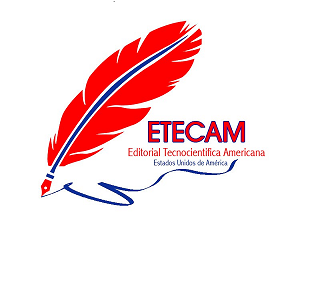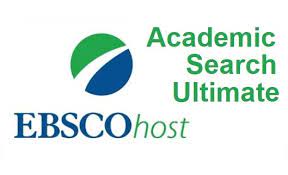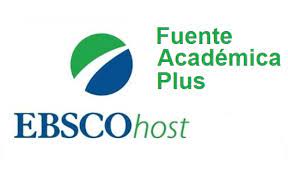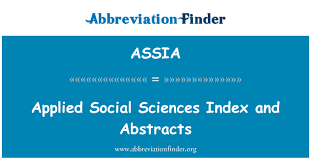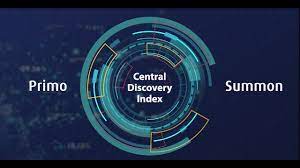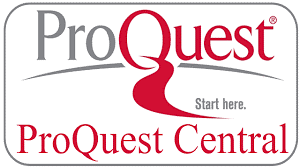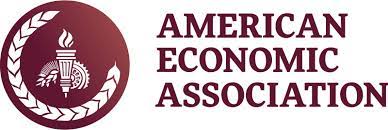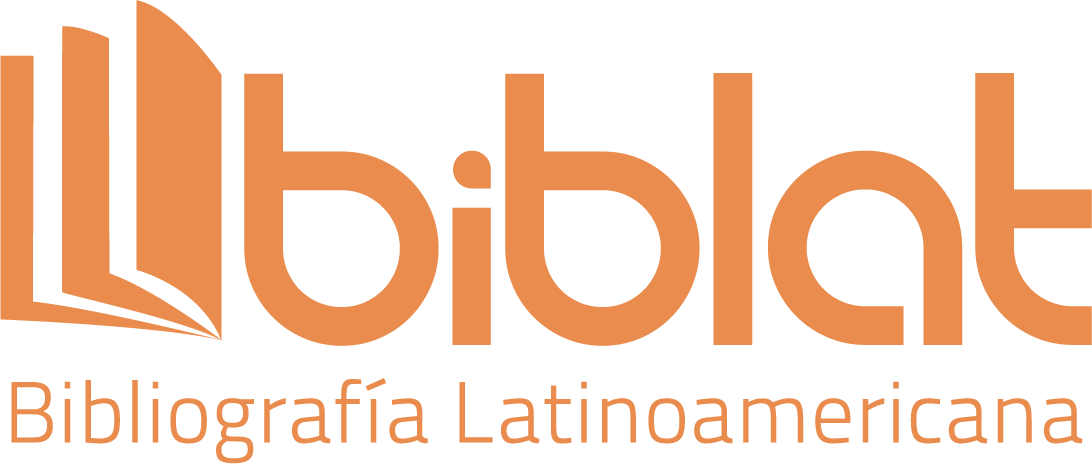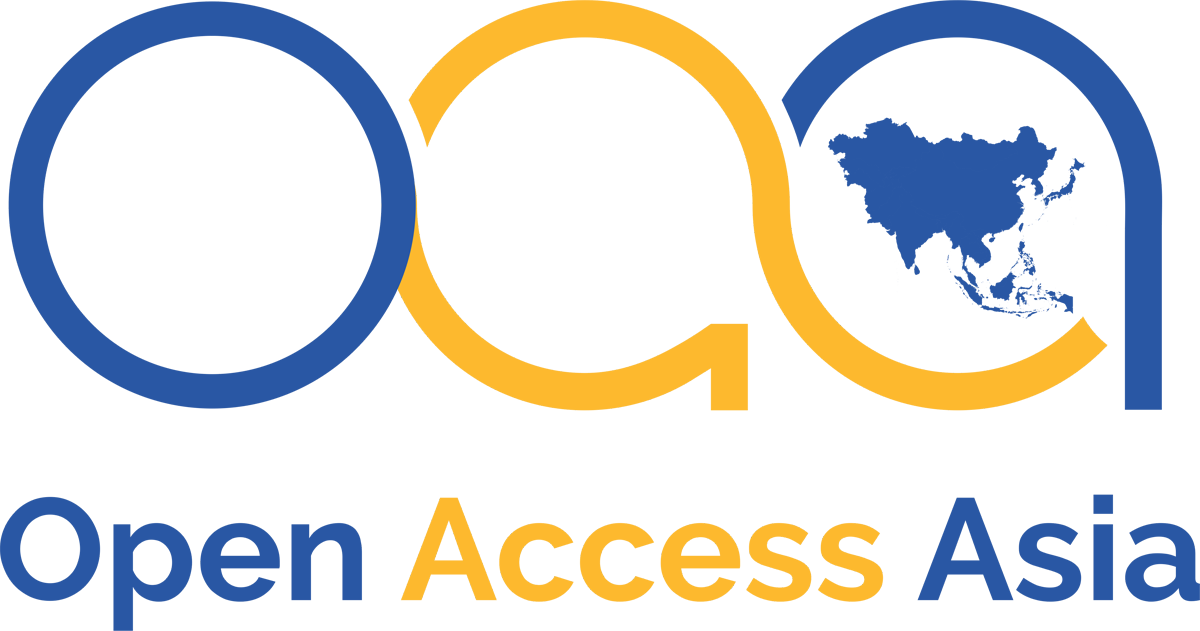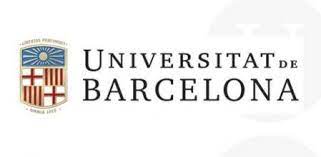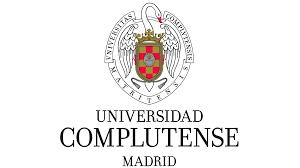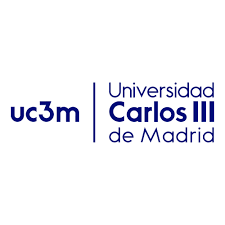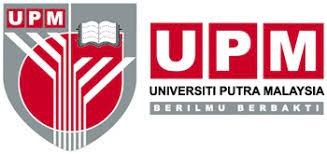Methodological strategy for learning addition and subtraction in the third year of general basic education
DOI:
https://doi.org/10.51736/sa.v7iEspecial%205.378Keywords:
gamification of teaching, problem-based learning, addition and subtraction operations, cognitive processes, self-confidence, motivationAbstract
It is crucial to address and solve the challenges faced by EGBE students in solving problems involving the use of addition and subtraction operations to strengthen their fundamental mathematical skills. The present study aimed to develop a methodological strategy supported by ICT, which combines gamification of learning and PBL, to promote the development of basic mathematical skills of addition and subtraction, from a cognitive and motivational approach, in third grade EGBE students. The study was carried out with the participation of 25 third grade students of the Unidad Educativa Mundial (Matutina) in the Elementary Basic, in addition to the collaboration of 9 mathematics teachers of the same institution. The proposed strategy consisted of 5 stages for its design and implementation, planned for a total of 12 weeks. The applied diagnosis allowed the identification of cognitive, emotional, and motivational insufficiencies in the students. To implement the strategy, it was decided to use the Wordwall web platform for game design. The statistical results used for the pretest-posttest comparative analysis allowed determining a significant growth in the students' grades, as well as progress in response times and in emotional and motivational aspects. The criteria of the experts consulted corroborated the relevance of the proposed strategy, although they highlighted areas for improvement in relation to the consideration of ICT portability in the strategy.
Downloads
References
Ávila, W. W., & Meza, J. A. (2024). Aprendizaje aritmético de operaciones básicas matemáticas mediante Math Cilenia en la Unidad Educativa Fiscal Las Mercedes de 24 de Mayo-Manabí . Revista Científica UISRAEL, 11(1), 119–137. https://doi.org/10.35290/rcui.v11n1.2023.1075
Arrillaga, C. E. L. (2020). La Educación Primaria desde un enfoque holístico. Educ@ción en Contexto, 6(11), 151-170. https://educacionencontexto.net/journal/index.php/una/article/view/115
Åsebø, E. S., Løvoll, H. S., & Krumsvik, R. J. (2020). Perceptions of contextual stressors in Physical education. A Qualitative case study. Frontiers in Sports and Active Living, 2. https://doi.org/10.3389/fspor.2020.528979
Barham, A. I. (2019). Investigating the Development of Pre-Service Teachers’ Problem-Solving Strategies via Problem-Solving Mathematics Classes. European Journal of Educational Research, 9(1), 129-141. https://doi.org/10.12973/eu-jer.9.1.129
Birgin, O., Gürbüz, R., & Memiş, K. Z. (2021). Performance of second-grade elementary school students on counting, place value understanding, and addition operation in natural numbers. International Journal of Mathematical Education in Science and Technology, 53(12), 3377–3392. https://doi.org/10.1080/0020739x.2021.1944680
Blum, W., Artigue, M., Mariotti, M.A., Sträßer, R., & Heuvel-Panhuizen, M.V. (2019). European didactic traditions in
mathematics: Introduction and overview. Springer.
Espinoza-Espinosa, D., Jadán-Guerrero, J., Santórum, M., & Nunes, A. I. L. (2022). Learning based on board game to inspire mathematical thinking. AHFE International. https://doi.org/10.54941/ahfe1002173
Hanin, V., & Van Nieuwenhoven, C. (2020). An exploration of the cognitive, motivational, emotional and regulatory behaviours of Elementary-School novice and expert problem solvers. Canadian Journal of Science, Mathematics and Technology Education, 20(2), 312–341. https://doi.org/10.1007/s42330-020-00092-9
Ministerio de Educación [Mineduc]. (2016). Currículo de los niveles de educación obligatoria. https://educacion.gob.ec/wpcontent/uploads/downloads/2016/03/Curriculo1.pdf
Mulisa, F. (2021). When does a researcher choose a quantitative, qualitative, or mixed research approach? Interchange, 53(1), 113–131. https://doi.org/10.1007/s10780-021-09447-z
Múñez, D., Bull, R., Lee, K., & Ruiz, C. (2023). Heterogeneity in children at risk of math learning difficulties. Child Development, 94(4), 1033–1048. https://doi.org/10.1111/cdev.13918
Nainggolan, S. P. (2022). Relational Thinking and problem solution Strategies Beginning Algebra High School students. Journal of World Science, 1(8), 652–671. https://doi.org/10.58344/jws.v1i8.86
Papadakis, S., Kalogiannakis, M., & Zaranis, N. (2021). Teaching mathematics with mobile devices and the Realistic Mathematical Education (RME) approach in kindergarten. Advances in Mobile Learning Educational Research, 1(1), 5–18. https://doi.org/10.25082/amler.2021.01.002
Passolunghi, M. C., Cargnelutti, E., & Pellizzoni, S. (2018). The relation between cognitive and emotional factors and arithmetic problem-solving. Educational Studies in Mathematics, 100(3), 271–290. https://doi.org/10.1007/s10649-018-9863-y
Reina-Bravo, J. E. (2020). Estudio de usabilidad de aplicaciones móviles en matemáticas para la educación básica elemental: Artículo de investigación. Revista Científica De Informática ENCRIPTAR - ISSN: 2737-6389., 3(6), 2–13. https://publicacionescd.uleam.edu.ec/index.php/encriptar/article/view/80
Rivas Proaño, R. S., & Párraga Valle, J. E. (2022). Estrategia didáctica con el uso de Recursos Educativos Digitales para la enseñanza-aprendizaje de las operaciones matemáticas básicas en el subnivel elemental. MQRInvestigar, 6(4), 863–875. https://doi.org/10.56048/MQR20225.6.4.2022.863-875
Rivas, W. B., & Navarrete, Y. (2024). Estrategia didáctica para el uso de la gamificación en el tratamiento de la discalculia en niños del Subnivel Elemental. Estudios Del Desarrollo Social: Cuba Y América Latina, 12(1), 50–64. https://revistas.uh.cu/revflacso/article/view/8329
Schnepel, S., & Aunio, P. (2021). A systematic review of mathematics interventions for primary school students with intellectual disabilities. European Journal of Special Needs Education, 37(4), 663–678. https://doi.org/10.1080/08856257.2021.1943268
Xu, C., Lafay, A., Douglas, H., Di Lonardo Burr, S., LeFevre, J., Osana, H. P., Skwarchuk, S., Wylie, J., Simms, V., & Maloney, E. A. (2022). The role of mathematical language skills in arithmetic fluency and word-problem solving for first- and second-language learners. Journal of Educational Psychology, 114(3), 513–539. https://doi.org/10.1037/edu0000673
Yayuk, E., & As’ari, A. R. (2020). Primary School Students’ Creative Thinking Skills in Mathematics Problem Solving. European Journal of Educational Research, 9(3), 1281-1295. https://doi.org/10.12973/eu-jer.9.3.1281
Published
How to Cite
Issue
Section
License
Copyright (c) 2024 Mirutzy Medina Intriago, Mery Cedeño Medina, Wilber Ortíz Aguilar

This work is licensed under a Creative Commons Attribution-NonCommercial-ShareAlike 3.0 Unported License.













